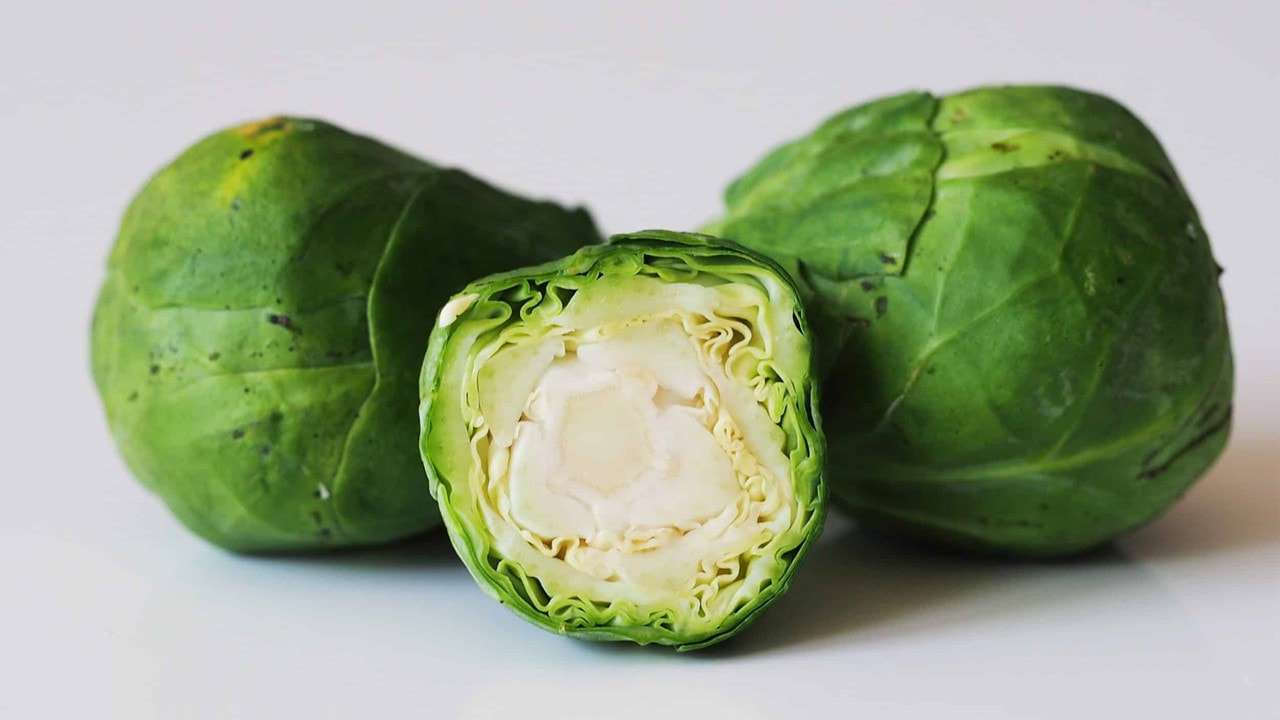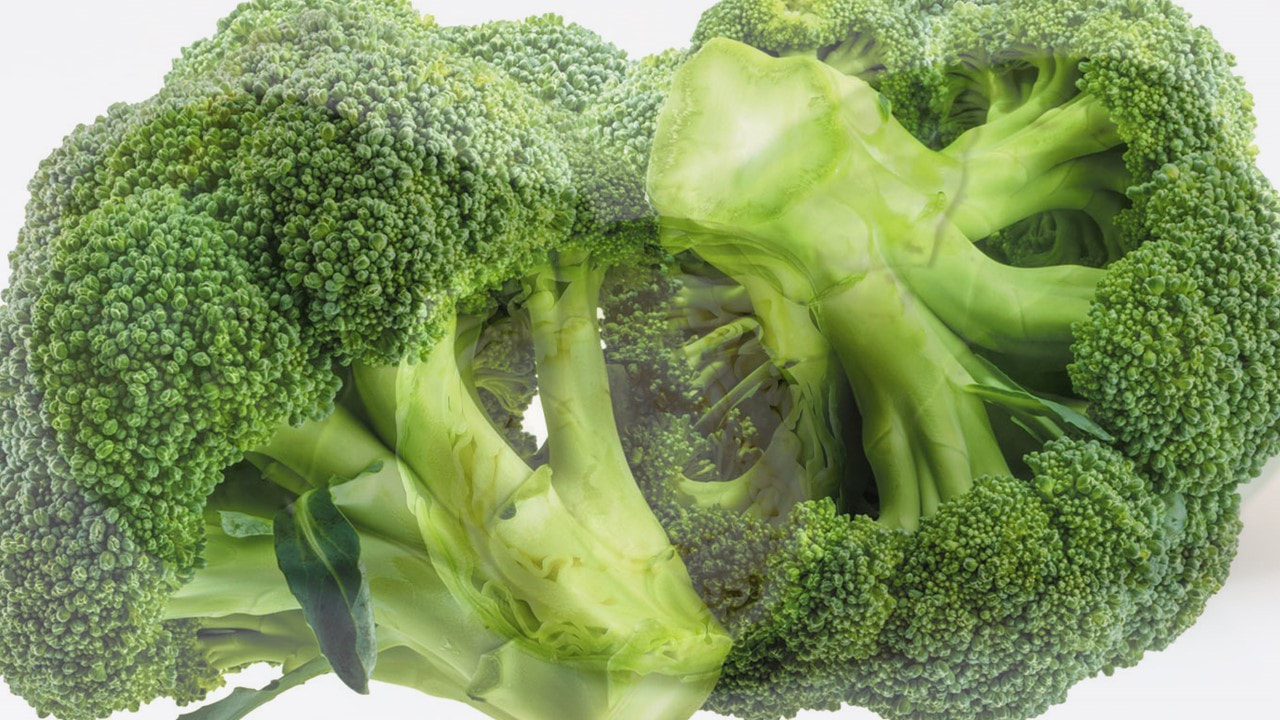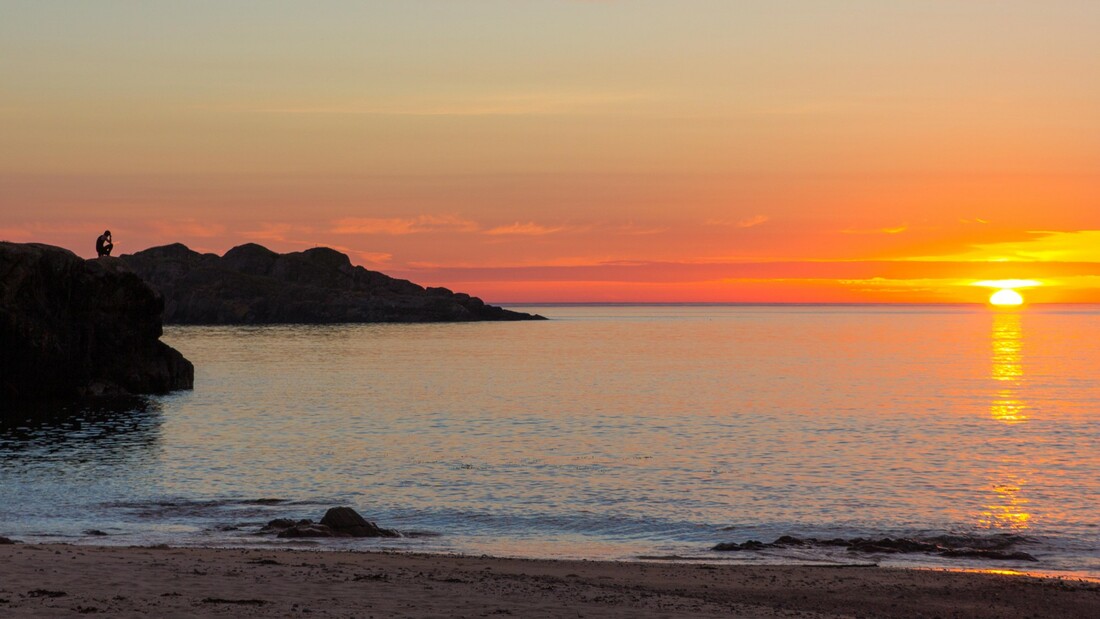Scott AndersonIsaiah 25:6-9 † Psalm 24 † Revelation 21:1-6a † John 11:32-44 You can view a video of the service and sermon here. It took me about two minutes the other day to remember the name for these. I could see them in my mind’s eye, and I knew they were in the fridge right next to me, but I was determined to flex those memory muscles and work past this mind block. Every time the words came close to my consciousness, stupid broccoli kept getting in the way. Bru, bru, bru…broccoli.
No! Finally, I got it! I conquered! “Brussel sprouts!” I shouted to Barb who I suspect, by that point, was looking a bit anxious. It was almost as if I had to look out of the periphery of my brain to do it, but I prevailed!
0 Comments
Scott AndersonDeuteronomy 34:1-12 † Psalm 90:1-6, 13-17 † 1 Thessalonians 2:1-8 † Matthew 22:34-46
Back in 2000 my daughter Claire and I went camping with a dear friend and his daughter. The next year another dear college friend and his daughters joined us. Soon enough, my son Peter was old enough and he started coming, building what became a summer camping tradition that lasted some 15 years—essentially through the school years of all our kids. The annual July drive to our camping trip in Mount Rainier National Park was always a highlight of the year. We hiked all through the park and in nearby locations. We celebrated meals together and spent long hours in conversation around the fire. We created memories that shaped us and will outlast my lifetime. The kids are older now. Half of them are married and have started their own families. There was one year, one conversation I was reminded of this week. We had been going to the same campground—Ohanapecosh in the Southeast corner of the Park—for at least a decade and we dads began to wonder if we ought to change it up a bit. So we proposed the idea of a new location, a new adventure for the following year to the kids. Before we could even finish the sentence, and with one voice they all cried out: “No! It’s tradition!” Now, let me try to explain the impact of this on me in the moment. Scott AndersonGenesis 1:1-2:4a † Response Psalm 136:1-9, 23-26 † Exodus 14:10-31; 15:20-21 † Response Exodus 15:1b-13, 17-18 † Isaiah 55:1-11 † Response Isaiah 12:2-6 † Ezekiel 36:24-28 † Response Psalm 42:1-11 and 43:1-5 † John 20:1-18
Do you remember now? Do you see that this age, this time, these struggles are no match for the Holy who moves and lives and breathes and thunders both within us and far beyond our human reach? We kept it short tonight—I know, that may surprise you! There are so many more stories that speak of possibility when only threat is visible, of light when it is still dark, of hope when all around us injustice and struggle are so apparent. The thing is we have been this way before. Many times! And by we, I mean this ragtag, imperfect, stiff-necked and selfish human history of which we are part and parcel. They is us. And we are them. Scott AndersonJeremiah 2:4-13 † Psalm 81:1, 1—16 † Hebrews 13:1-8, 15-16 † Luke 14:1, 7-14
There’s a lot of things I love about doing this work I get to do with you. But one that always tends to bubble to the top for me is the privilege you sometimes give me to hold your stories—especially the most vulnerable and fragile ones. I wonder if you feel the same way about the life you share with one another? I wonder if you experience as well the mutual gift that it is to hold something fragile for someone else. I suspect those stories that feel most delicate for us feel that way because they scrape close to some of the deeper truths of our lives—those things we just can’t let go of, nor get past, the scars of our lives, the injuries that become something more. Their memories linger. They stay with us. Hold us and haunt us, and indelibly shape us. To share in those with you is, for me, to get close to bedrock, something deep and true and stable. Although it is also, and in the same breathless moment, to brush against something wild and feather-light. Maybe it’s something like this Hebrew notion of entertaining those angels unaware—our best nature and deepest truths—without knowing it, until the moment is past and all we have is the hindsight of resurrection and righteousness. Scott Anderson“I’m drawn to places,” writes Eric Weiner, “that beguile and inspire, sedate and stir, places where, for a few blissful moments I loosen my death grip on life, and can breathe again.”[i] He is speaking of what we’ve come to know as thin places.
Heaven and earth, the Celtic saying goes, are only three feet apart, but in thin places that distance is even shorter. The ancient Celts used the term to describe places like the wind-swept isle of Iona where Julie Kae will have an opportunity to spend some time this summer as a part of her sabbatical. Scott Anderson Genesis 17:1-7, 15-16† Psalm 22:23-31 † Romans 4:13-25 † Mark 8:31-38
Christy Ma began her newspaper article about a day filled with extraordinary events like this: “Valentine’s Day was a day of love, passion and friendships.” The first line flowed easily, but it took a few more days to get the rest together for the student newspaper the Eagle Eye. She and her co-author Nikhita Nookala drew guidance and reinforcement from each other and from the encouragement of an adviser to get it put together.[i] Christy and Nikhita, you see, are students at Marjory Stoneman Douglas High School, and they were writing stories about one of the deadliest mass shootings in modern history—a shooting they had experienced. They were covering the shooting and the candlelight vigil that followed, even as they were living it firsthand. Scott Anderson Genesis 1:1-5 † Psalm 29:1-11 † Acts 19:1-7 † Mark 1:4-11
I bought an app for my iPhone a while ago. It was the second time ever I shelled out any money for one. I suppose it’s the principle of the thing that typically keeps me from paying for a phone app. It wasn’t a lot of money, just 99 cents, but for what I got, I’m sure you’ll be impressed. It does one thing, and it does it really well. Five times a day it sends a note, a simple reminder, “Don’t forget, you’re going to die.” That’s it. Pretty cool, huh? According to the app website, the invitations to stop and think about death arrive at random times throughout the day—at any moment, just like death. The app is called “WeCroak” which, I think you’ll agree, is a refreshingly straight-forward and direct name for a phone app. If you click on the message, it will take you to a quote about death, or, you might say, about life. Here’s one example from this week, from the Chilean poet Pablo Neruda: Death arrives among all that sound Like a shoe with no foot in it, Like a suit with no man in it. Or this more didactic one from the German philosopher Martin Heidegger: If I take death into my life, acknowledge it, and face it squarely, I will free myself from the anxiety of death and the pettiness of life—and only then will I be free to become myself. Maggie BreenRevelation 7:9-17 † Psalm 34:1-10, 22 † 1 John 3:1-3 † Matthew 5:1-12
“We have to stop and get Gran some ice cream.” That was the memory that pressed in most strongly as I looked down at the rough map of my family that I had drawn. It was for a class, this map, and I wasn’t at all happy that I had to do it. We were to draw out the relational and emotional map of our families 3 generations back so that we could examine together the dynamics and the forces that are at play; so we could see what had formed us, and what has power over us. I looked down at my map, all colored boxes and tiny dates and squiggly lines. “We have to stop and get Gran some Ice cream”, I heard my mom say, and my dad, and my uncle Hugh, my Uncle Ralph, my cousin James, my cousin Helen. You see, when we gathered at my Gran’s house with family, everyone knew that someone had to stop at the corner shop right below her apartment and grab a little tub of the soft serve ice cream they sold there. Now all these years later, it is this thing that I remember, so fondly. So much more happened in my family as shown by the rough contours of my map. Rough times, and happier times. People, regular, complex people trying to do the best they could, struggling with hurt passed down over the generations. Family gatherings could get difficult, old patterns kicked in. But she would always look forward to ice cream, and she would laugh when we brought it, and she would sit with her grandkids, while the other adults did their thing, she would sit and share a little ice cream. Scott Anderson Readings for this Sunday:
1 Samuel 8:4-11, 16-20 | Psalm 138 | 2 Corinthians 4:13-5:1| Mark 3:20-35 I’ve preached this Mark text a number of times in the past, but I had never really noticed before that Jesus goes home. I don’t know about you. I don’t really think about Jesus as one who had a home. But that’s where he is. He’s home—apparently where he grew up. This is reinforced at the end of this section when Jesus’ mother and brothers show up. But this turn doesn’t seem to make home any homier. They think he’s gone too far, and the way Mark tells the story, their attempt to restrain Jesus is perhaps the greatest injury, personal rejection piled onto the charges made against him by the religious authorities from Jerusalem. Maybe the question isn’t “Can you go home again?” but “Why would you want to?” What a blow this must have been! Many of us know the complexities of family life. Our hunger for the idea of home is all the greater because those places where we would expect to find home are sometimes the places of our most infrequent encounters. Ask any therapist. We spend our lifetimes working in one way or another to make sense of our family ties, to live out from under them, to allow them to fund our strength and courage and wholeness. The majority of my pastoral conversations have some element of family in them, and I suspect the ones that don’t are lacking that dynamic only because I’m not paying close enough attention. Leigh WeberToday’s Scripture:
Isaiah 35:1-10 • James 5:7-10 • Matthew 11:2-11 I was 27 when we moved to Seattle. Chris and I had left every single person we were related to back in NC. We didn’t know anyone here. But we moved in September and it was gorgeous! North Carolina had been hot and humid when we left and we got here; there were beautiful blue skies and moderate temperatures…best of all there was no humidity. Our apartment had been this chaotic sea of packing boxes and awaiting us here was a brand new house. I could do this! September gave way to a pretty and mostly sunny October but then November and December came. I was used to a lot of sunlight and turning my headlights on to drive in the middle of the afternoon was surprising and it made me a little depressed. I didn’t know anyone here and there were two other people in my family…one was two years old and the other one worked all day. It felt a bit like an exile. |
St. Andrew SermonsCategories
All
|



 RSS Feed
RSS Feed